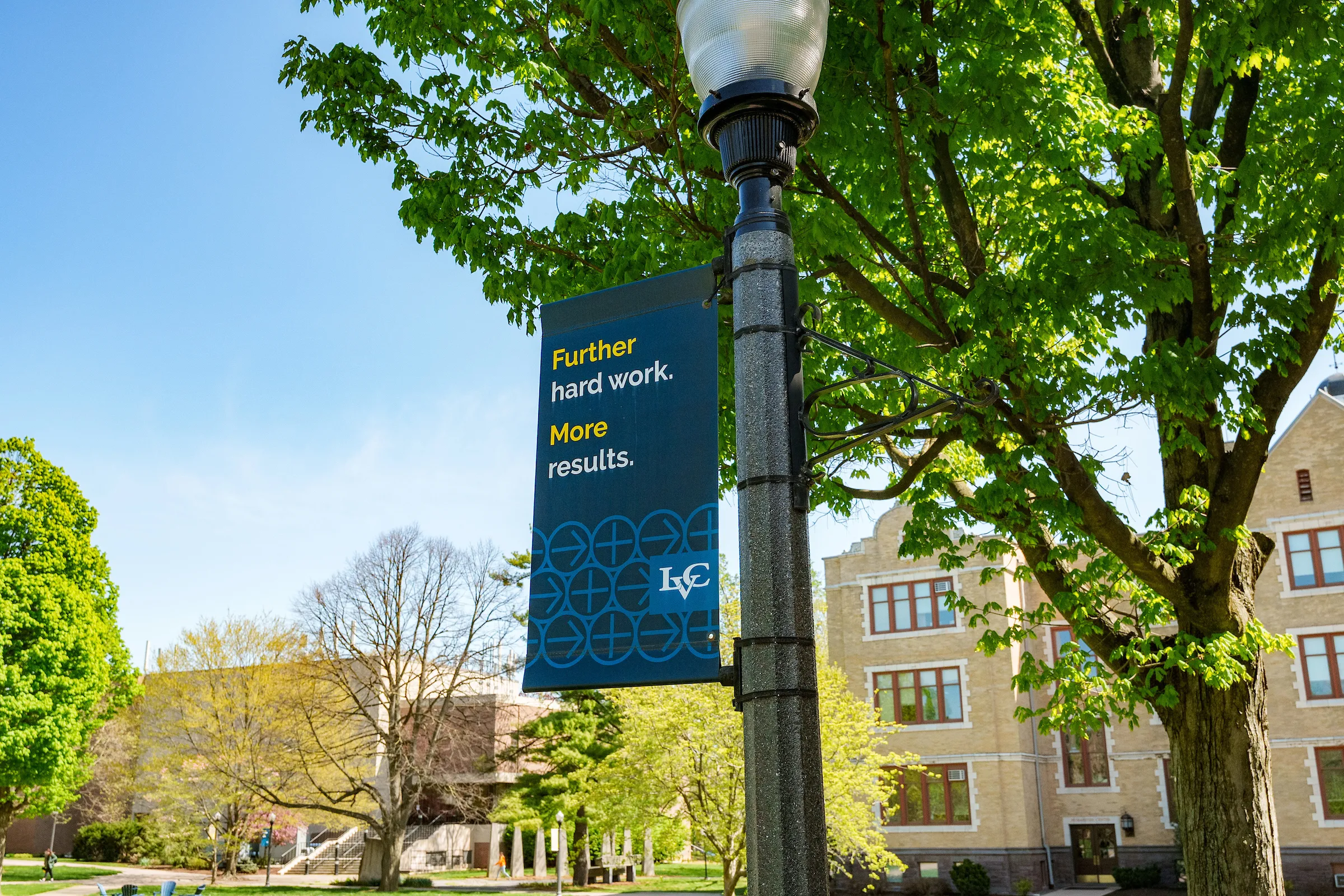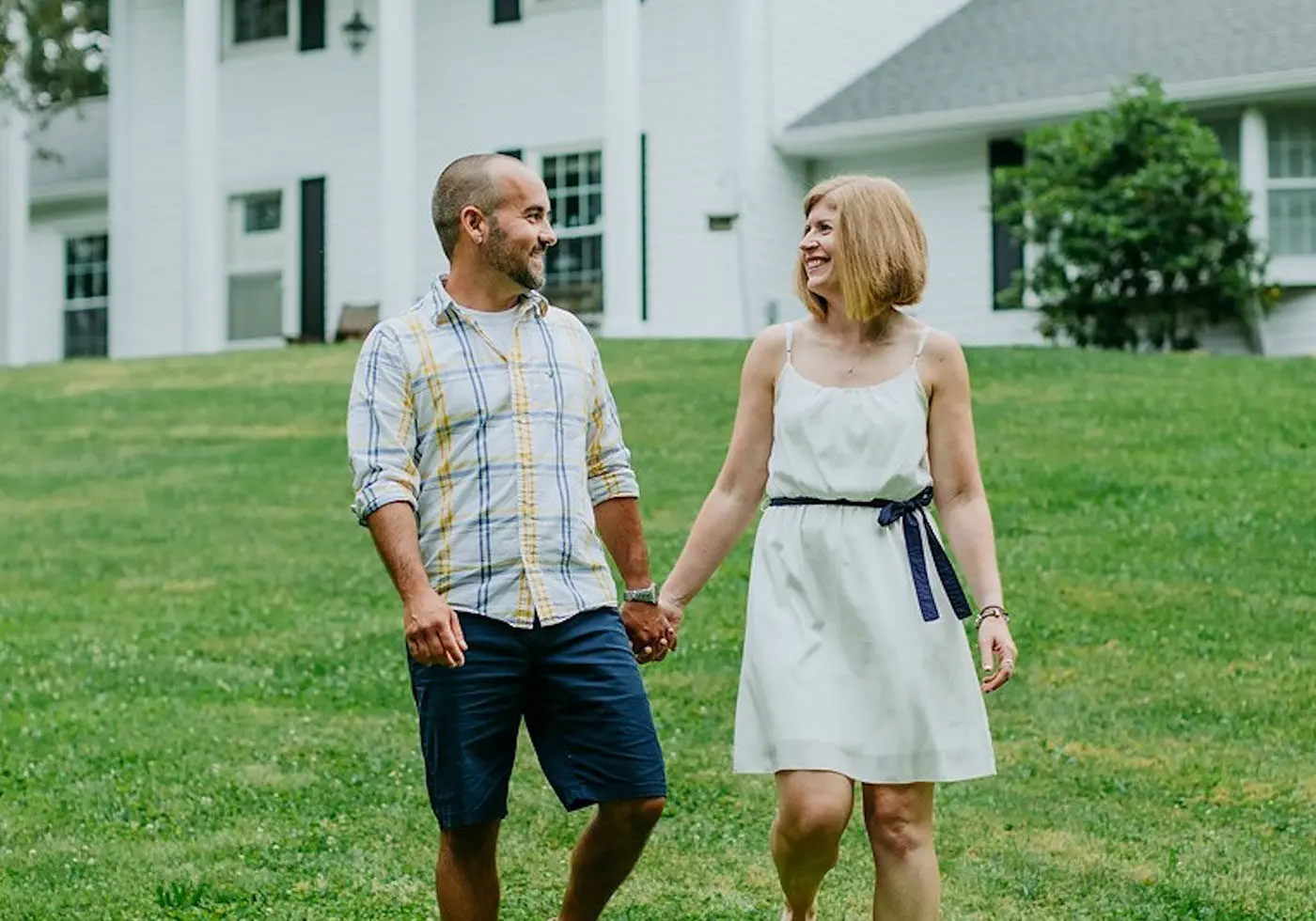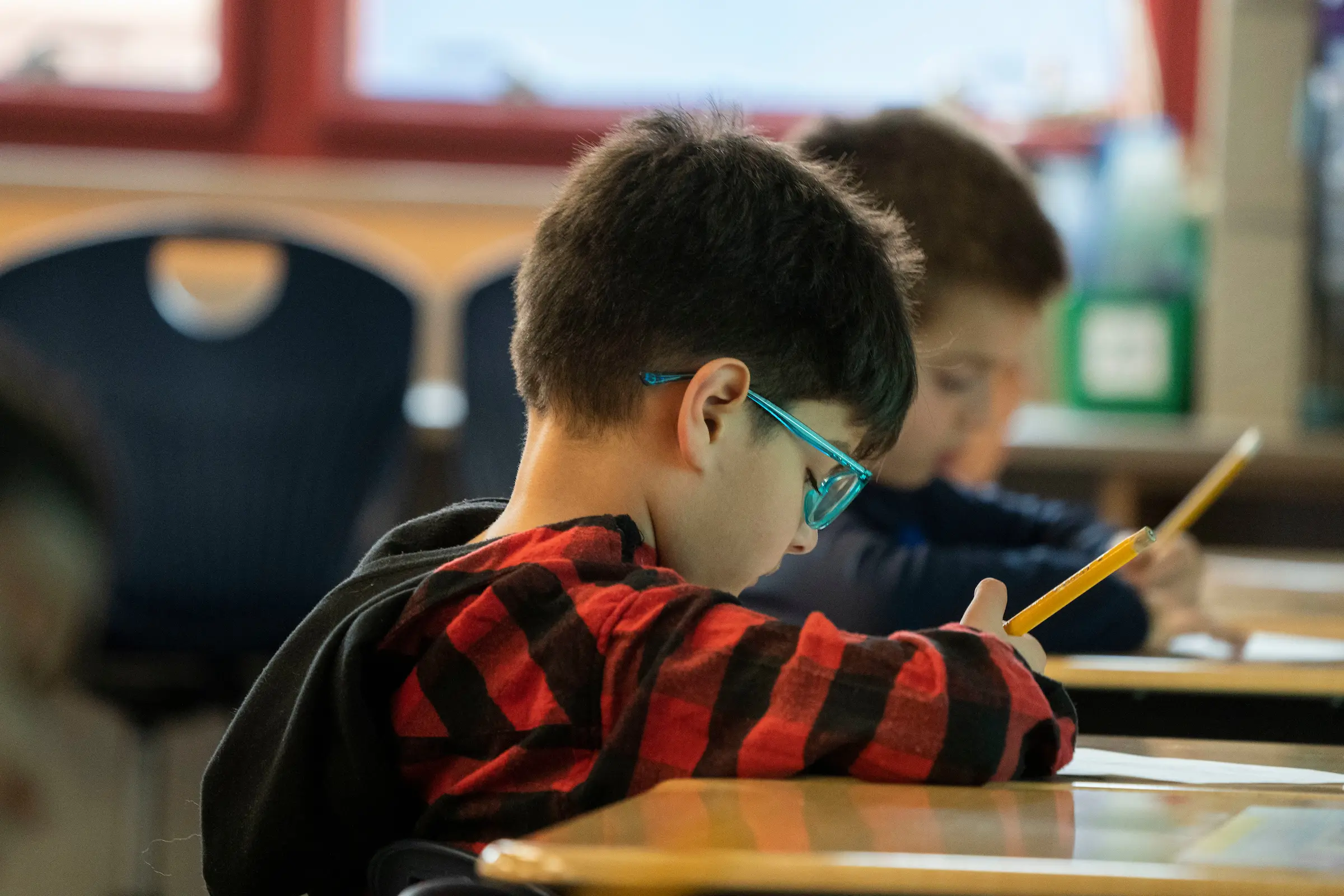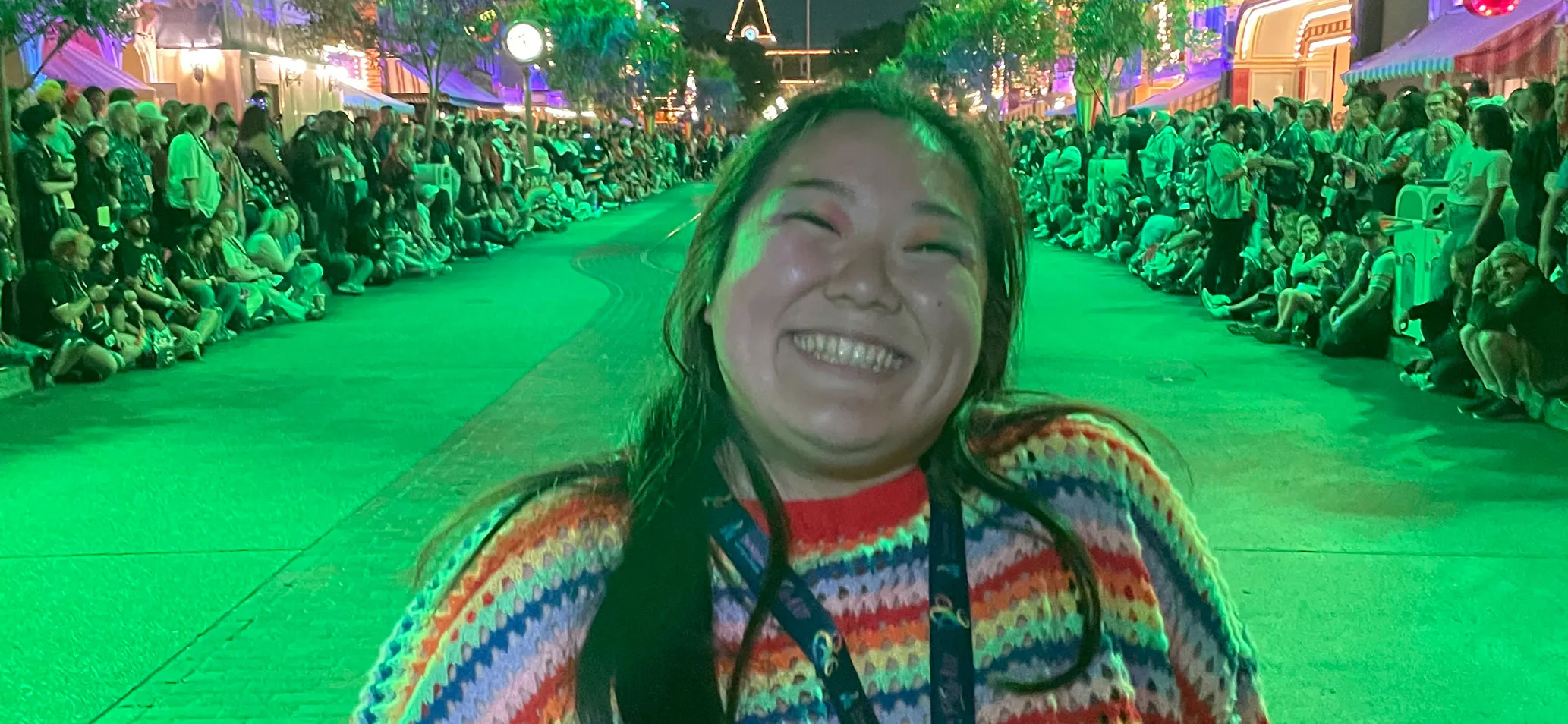
LVC News
- Accounting
- Accounting/MBA 3+1
- Actuarial Science
- Allwein Scholars
- Alumni Profiles
- Athletic Training
- Athletics
- Awards
- Biochemistry & Molecular Biology
- Biology
- Breen Center
- Business Administration
- Campus
- Chemistry
- Clinical Exercise Physiology
- Clinical Mental Health Counseling
- Community Service
- Computer Science
- Creative Arts
- Creative Writing
- Criminal Justice
- Data Science
- Digital Media
- Economics
- Education
- Engineering
- English
- Environmental Science
- Esports
- Exercise Science
- Faculty Profiles
- Gallery
- German
- Giving
- Graduate Studies
- History
- Honors
- Intelligence and Cybersecurity
- Interaction Design
- International Business and Policy
- LVEP
- Marketing
- Mathematics
- MBA
- Medical Humanities
- Medical Laboratory Science
- Music
- Music Education
- Music Production
- Neuroscience
- Nursing
- Physical Therapy
- Physics
- Political Science
- Pre-Law
- Pre-Medical Professions
- Psychology
- Self-Designed
- Social Justice and Civic Engagement
- Sociology
- Spanish
- Speech-Language Pathology
- Sport Performance
- STEM Education
- Student Profiles
- Study Abroad
- Sustainability
- Transfer
- Undecided/Exploratory
Teachers Are Leaving the Profession. Here’s How LVC Instills Resiliency in Educators.

Erin and Tyler Frantz are dedicated teachers, but like thousands of educators across the country, the pandemic truly challenged them to remain in their careers. Throughout COVID, every day presented new challenges. Students cycled in and out of classrooms, meaning they always needed a plan for both online and in-person learning. Students and their families would get sick and need to catch up on their work, which meant more work for their teachers too.
Erin had to make sure she was still following every individualized education plan (IEP) for her special education students. Tyler had to refocus his attention away from a brand-new STEM program he had created to support his colleagues’ tech needs. They were constantly worried about helping students progress in their educational paths while protecting their young family and balancing schedules whenever their own children were sent home due to classrooms being exposed to a positive case.
Those years were exhausting and scary. As life for educators returns to normalcy, the couple has reflected on how and why they persevered. Here are some of the approaches they learned at their alma mater, Lebanon Valley College, that prepared them to have resiliency as educators in distressing and unpredictable times.
Get to know your students.
Erin: “When we were undergraduates, our LVC professors made us feel like we always had someone to turn to when we needed help or advice. Tyler and I bring that same availability and care for our own students. To fellow and future teachers, we say: Challenge yourself to figure out how each student works and identify the best way to connect with them. Mental health has become a big concern among our students, and small interactions such as simple conversations can make a huge difference in a student’s belief in their ability to succeed. Kids need to know they have an adult in their corner. School needs to be a place where they can come, know what to expect, and know people are there who care about them and love them each day. That’s the type of teaching that will help kids get the most out of their education.”
Look to the future.
Tyler: “When you think about the future instead of the challenges of the present moment, you remember your purpose. And that makes it easier to stay engaged with your profession. For instance, since my master’s training, I’ve focused on project-based learning that teaches students to think creatively and critically. You can train people to have specific practical skills, but employers really want to hire effective communicators who work really well with others and don’t shy away from tough situations. You’re preparing your students for success when you teach them to persevere through finding creative solutions to complex problems.”
Teach like your best teachers taught you.
Erin: “Our professors had us practice teaching early—LVC had us observing in classrooms our very first year. Even if you’re doing well in education courses, it’s a totally different world in the classroom. LVC’s professors also drove home the need to over-prepare. I remember writing lesson plans for one of our faculty members. This professor wanted us to have multiple plans for the many types of situations we might encounter. It was a lot of work. At the time I thought it was a pain. Looking back, that experience of planning for multiple scenarios prepared me to face the challenges of the pandemic. I didn’t want 15 to 20 kids sitting there looking at me like, ‘What is she trying to do now?’ I was able to think it through and plan ahead.”
Tyler: “Being able to persist through the last couple of years had a lot to do with having been placed early on in our college experience in situations where we needed to reflect on how to make learning best for students, regardless of the limitations.”
Know when it’s time for renewal or change.
Tyler: “I had just finished my master of science in STEM from LVC in December 2019 and had moved from elementary education to launch Palmyra’s first elementary STEM program. I wrote that curriculum while I was taking my master’s. It was ‘go-go-go’ until the pandemic hit, and then suddenly my role changed. My graduate education prepared me well to remain flexible and adapt on the fly. I was able to transition more smoothly into hybrid and online learning, and I had the skills to help 200+ other professionals in my district manage it as well.
“If you want to stay in the teaching field, but are looking for a change of pace, pursuing a graduate certificate is a great way to do that. My colleagues ask me about that a lot. At LVC, there are certificates, including for online learning; master’s degrees in education, STEM, and music education; and a master’s in school counseling. Through any of these opportunities, teachers can draw from the energy that comes with a fresh start.”
Remember your larger purpose.
Erin: “We need good teachers, and it is a good profession. We may not get paid the most, but as a family, we’re off when our kids are off, we get all the holidays, and we get summers. Even when we’re working in those downtimes, we can find balance. And you know you make a difference every day—you really do and you see that impact in the students.”
Tyler: “Former students now in college still send me letters thanking me for the impact I had in their life back when they were in elementary school. That is extremely rewarding. If you have a calling to help others, the education profession could be the perfect fit for you. There are going to be a lot of teaching jobs out there, and you will have a good chance of getting hired if you have a degree from LVC. It proves you are prepared and flexible, know current pedagogy and practices through and through, and care deeply for your students’ well-being. Education certainly has its challenges, but you have opportunities every day to impactfully improve lives.”




